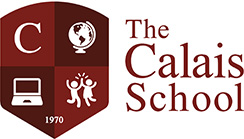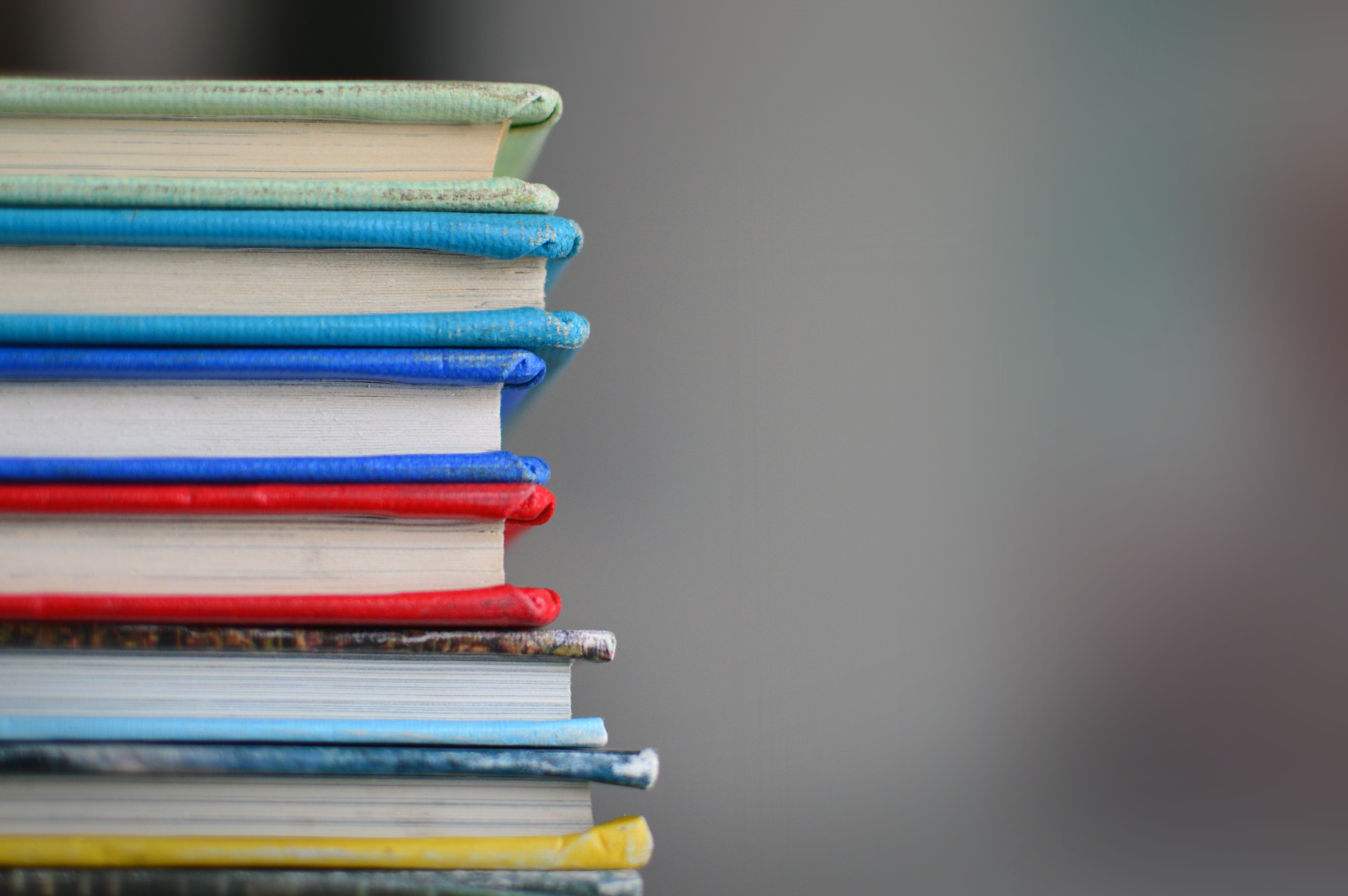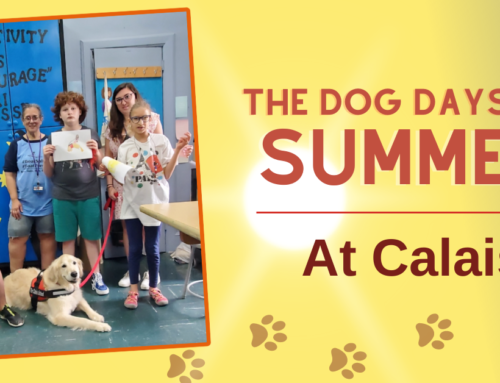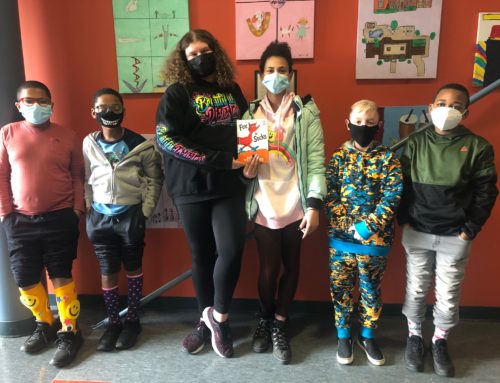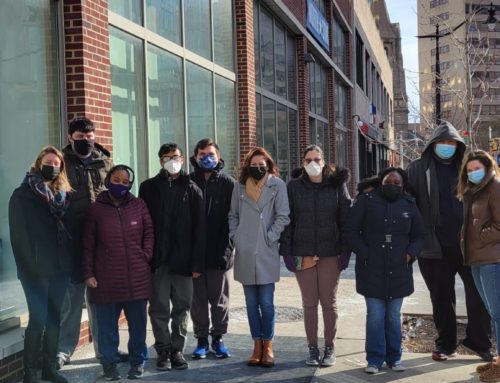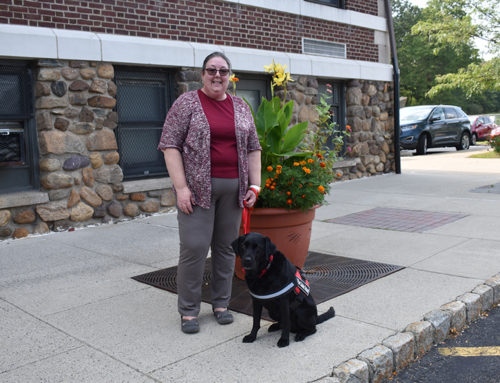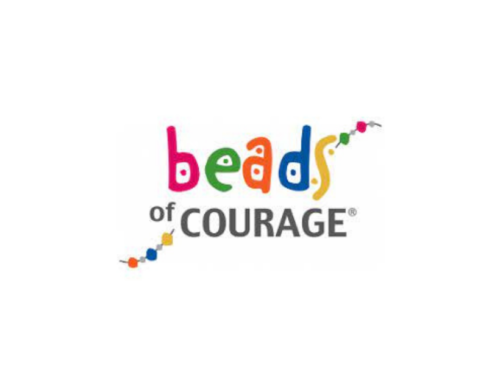If you are reading this now, chances are that you are a pretty good reader. You likely learned to read in school with the rest of your classmates and don’t even remember how it happened. It probably involved a mix of alphabet songs and cute stories about a frog and a toad. For many of us, reading happened developmentally like learning to walk and talk. But actually, reading is not a natural process. Humans are not predisposed to read. Reading is a shared agreement that letters correlate to sounds and that combined sounds make words. We then choose to agree on the meaning of that word. The reading of those words is called decoding- the breaking down of language.
From Pre-K to 3rd grade, teachers focus on teaching children to read. They may employ different strategies in a combination of phonics and whole language lessons. Many students will succeed and graduate from the learning to read process to reading to learn. But what happens when children are not successful readers? Everyone moves ahead and they are left behind. It doesn’t have to be that way.
Dyslexia is a language-based reading disability that makes the task of decoding extremely difficult. A dyslexic reader struggles to connect the letters with the corresponding sounds. This challenge makes every next step in reading more difficult and dyslexic children and adults will struggle with reading fluency.
Why is this important? Dyslexia can’t be cured but it can be treated. The correct methodology of reading can actually help dyslexic readers re-train their brains to read. “Orton-Gillingham” is a scientific approach to teaching reading that strategically builds decoding skills. Each lesson builds upon the last with systematic and direct intent. Instruction is taught in a multi-sensory manner so that the student has multiple interactions with the material. No one is learning by chance. The reading instruction is extremely purposeful.
What does this mean for students at The Calais School? Our students come to us with their own challenges as well as their own history of learning to read. New Jersey does not have a universal reading program. Students come to The Calais School and are assessed for reading fluency. Some will struggle with decoding while others need to work solely on reading comprehension. Plans for reading remediation are tailored to match the needs of the learner. Most importantly, we look to what are considered best practices in the field of reading to be sure that our students’ needs dictate instruction.
 973-884-2030
973-884-2030 